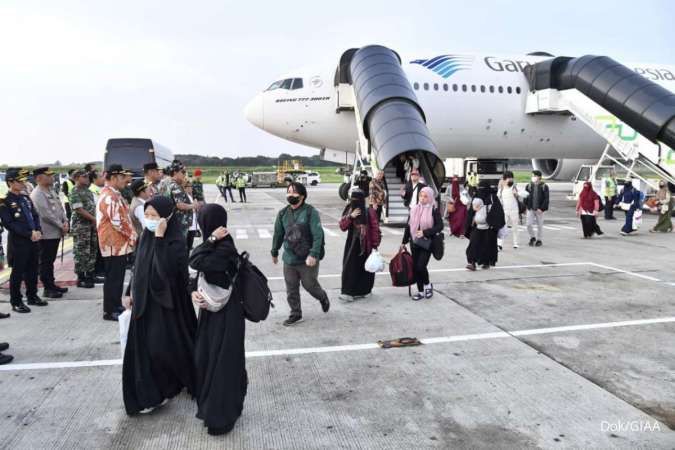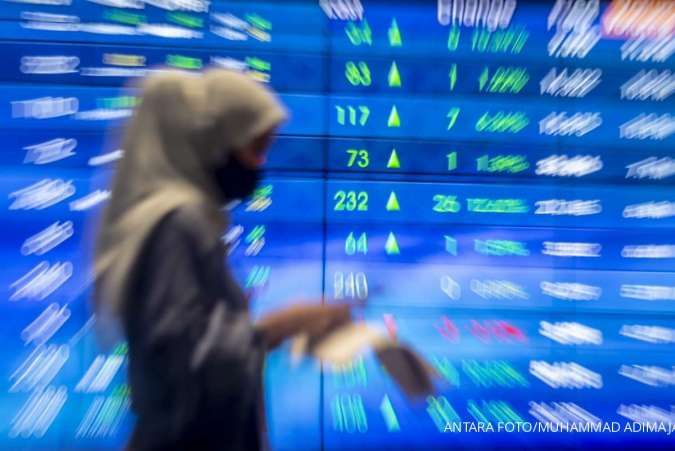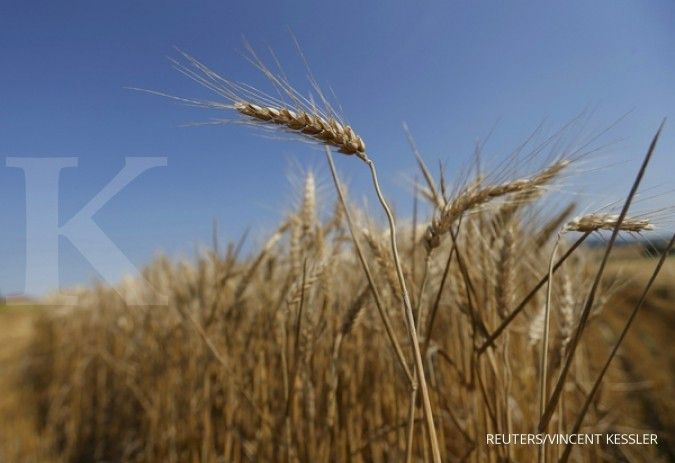BUSINESS AND TRADE - JAKARTA. Indonesia has resumed imports of live cattle from all facilities in Australia following a partial suspension two months ago after a small number of animals were detected with lumpy skin disease (LSD), a ministry official said on Friday.
Indonesia, the biggest buyer of live cattle from Australia, halted imports between July and August from seven of 60 cattle export facilities after some cattle in separate shipments tested positive for LSD.
Those facilities account for more than 70% of imports, Indonesia has said.
Bambang, head of Indonesia's Agriculture Quarantine Agency at the Agricultural Ministry, told a news conference that imports had resumed on Friday but said Australia must fulfil certain requirements, such as ensuring livestock's health and disinfecting vessels before departure.
Indonesia bought about 56% of Australia's total live cattle exports in 2021–22, Indonesian data showed, in deals worth about A$900 million ($600 million).
Read Also: European Stocks Head Towards Longest Losing Run Since 2016
LSD, which causes blisters and reduces milk production, is a highly infectious viral disease affecting cattle and buffalo that is transmitted by insect bites, but does not pose a risk to humans.
Australia has said it is LSD free, and its chief veterinary officer has said the infections were not unexpected, given the presence of LSD in Indonesia.
Bambang said the origins of the infection were unclear, adding an Australian investigation into the matter, which was slated to end this month, concluded in late August, prompting the resumption of imports.
He added that should there be new LSD cases, Indonesia will not immediately close imports "due to the enormous impacts it has on cow importers and farmers in Australia."
According to Indonesian data, the country imported more than 303,000 live cattle from Australia last year, while imports so far this year exceeded 153,000 cattle.
/2021/04/15/1055960571.jpg)















